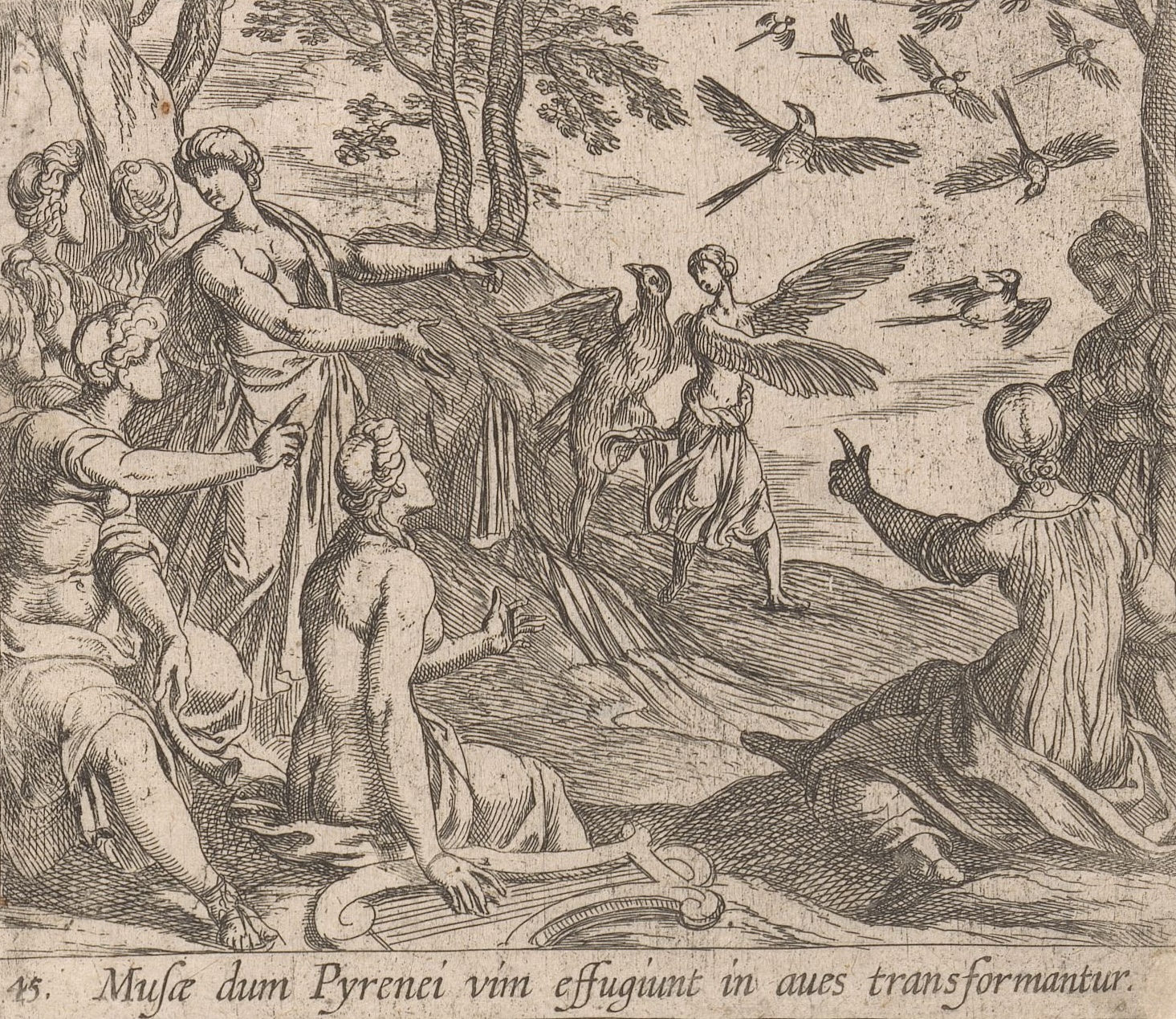CLU44489 Structure and meaning in Latin poetry

What does a poem tell us? In this module, we will master an array of analytical tools that can help us correspond with a Latin poem – ask it questions and listen for answers. Our opening question will be about structure: why words and phrases are arranged the way they are, and how this arrangement contributes to the text’s meaning. We will draw insights from current research on Latin syntax, word order and pragmatics, and explore how these linguistic domains interact with the verse form. We will also look into how words pick up the meanings that they do, and what poets do with those meanings, using the frameworks of sociolinguistics, corpus linguistics, intertextuality and textual criticism. We will see that small questions can yield big answers. Why did Virgil write conticuere omnes ‘all fell silent’ (Aeneid 2.1) and not omnes conticuere? Why can lympha refer to fresh water but not sea water? We will often find surprising answers in texts that may already seem familiar, like the Aeneid or the Metamorphoses, and we will explore some lesser-known poems that rarely make it into the classroom, but open up unique perspectives on the language of Latin poetry.
- Module Organiser:
- Dr Boris Kayachev
- Duration:
- Semester 1
- Contact Hours:
- 22 (one 2-hr seminar per week)
- Weighting:
- 10 ECTS
- Assessment:
- 40% coursework, 60% exam
- Course Open To:
- Classics, Ancient History and Archaeology; JH Classical Languages.
Learning Outcomes
Upon the successful completion of this module students should be able to demonstrate:
- Translate and critically analyse the primary Latin texts
- Enhance syntactic analysis skills and apply them to the primary texts
- Analyse word order in the primary Latin texts as a communicative strategy
- Explore poetic diction from the perspectives of linguistic register, formularity and intertextuality
- Employ textual criticism as a hermeneutic tool to engage with the primary Latin texts LO6. Formulate a well-researched argument in oral presentations and written assignments
- Translate unseen Latin extracts of similar genre, style or content as the studied Latin texts into idiomatic English

